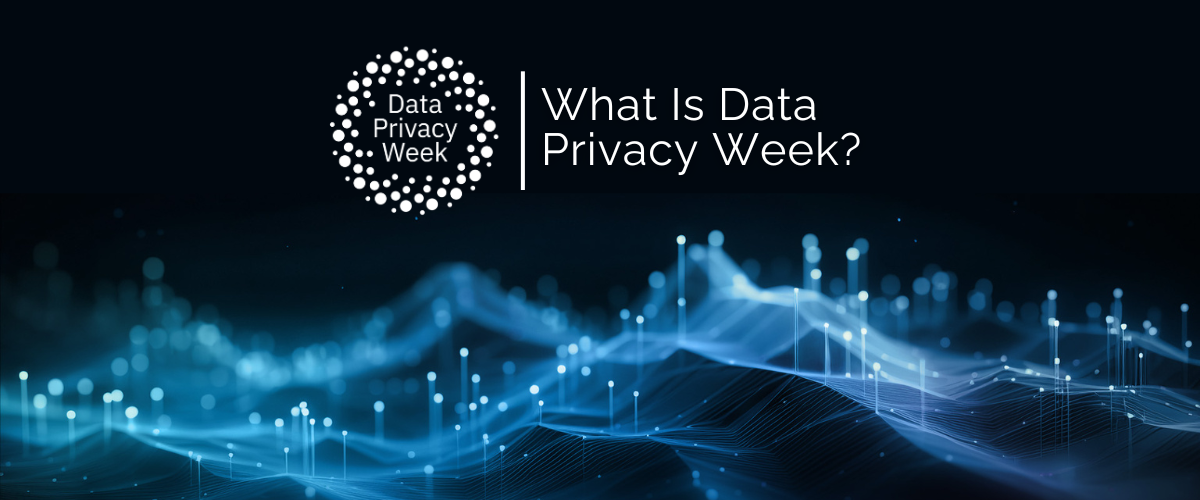Due to construction, the drive up window at our West Des Moines location will be closed on Saturday, April 19th.
- Our ATM and Live Banker service will be available by walk-up only
- The lobby will remain open for our normal hours, 9 AM - Noon
Due to construction, the drive up window at our West Des Moines location will be closed on Saturday, April 19th.

What comes to mind when you think about privacy? Shutting the door for a private conversation? Locking your phone? Closing your window blinds? Since most of us are constantly connected to the internet nowadays, privacy includes how information about us and our families is used and shared. You deserve the right to control your data. This is the heart of data privacy—an essential issue now more than ever.
So, what exactly is data privacy, and why should it matter to you?
We believe that privacy is a right. At its core, privacy is the fundamental right to control access to your personal life and information. This includes the right to keep certain information unseen or undisturbed by others.
From the vantage point of the 2020s, you’re probably aware that the concept of privacy has evolved significantly. Let’s work together to protect our digital spaces, which include your online identity, browsing habits, and even the messages you send. The right to privacy in this context means safeguarding your information from unwanted or unnecessary access.
Your personal data includes identifiable information such as your name, address, phone number, date of birth, and Social Security number. It also includes data about your behavior online, like the websites you visit, the products you buy, and even how long you stay on a webpage. Spending a few minutes streaming a video, perusing a webpage, or playing around on an app creates thousands to millions of data points.
Advertisers and other companies, such as so-called data brokers, prize this information. They collect it to create tailored ads, track purchasing trends, and study behavior. Often, companies “anonymize” data before selling it, but this anonymization doesn’t entirely remove the privacy risk.
While data privacy focuses on who has access to your data, cybersecurity is about protecting that data from hacking, malware, and other online threats. They work hand-in-hand, as secure systems help keep your data private, but we must stay informed and make intelligent privacy choices.
![]()
Experience the Northwest Bank difference--the better banking experience. Contact us today and let's build a brighter financial future together!
Mon - Fri: 7:00 AM - 7:00 PM CST
Sat: 8:00 AM - 12:00 PM CST
General Support: 800-678-4105